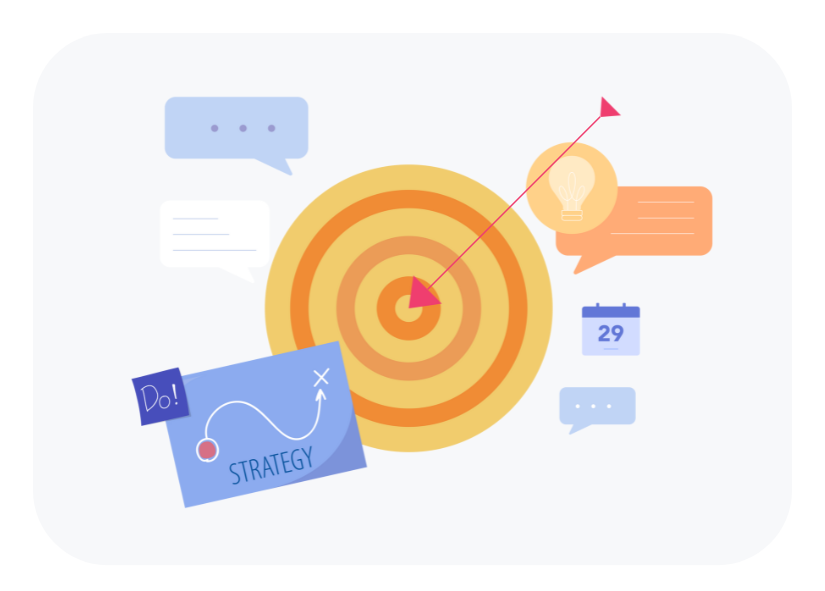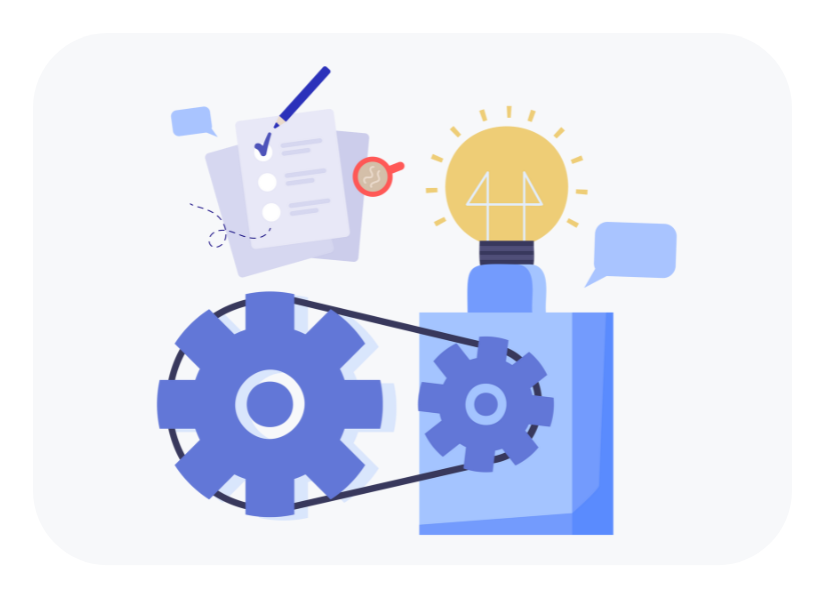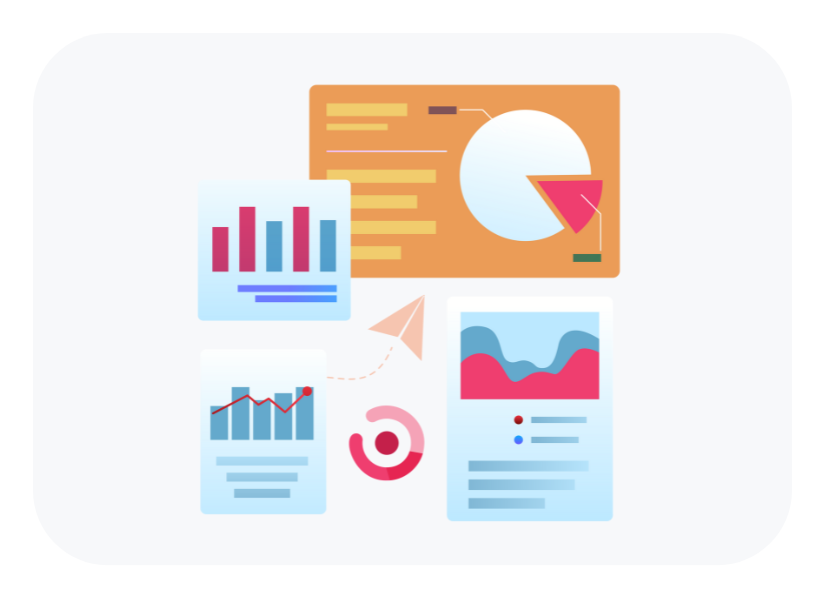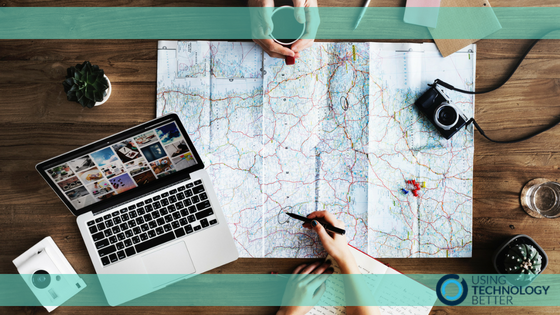The great thing about technology is that it enables us to be more mobile. However, if you have ever travelled long distances you may have found that some of the functions and conveniences of being connected can fall over. Things like battery life, accessing data and maps can sometimes be a challenge. Here are 3 tips that you may want to put in place when you next travel.
-
Data Management
When you are at home often you just leave your data turned on as you know that you will be popping in and out of WIFI spots so data useage is not an issue. To minimise any scary charges here are some different options:
- Turn off all mobile data. This is very good when travelling overseas, otherwise when you get home you may showing people a rather huge bill along with all your holiday snaps.
- Turn off data roaming. This has the same effect as above and means that you will have to access wifi to access data.
- Leave your mobile data turned on, but turn off push notifications. This prevents your device from continually checking for information to update you with. Apps will only have information pushed to them when you have them open.
- Go to your settings and see what apps are accessing mobile data and turn off as many as you can and only keep the essentials running. For me this is my mail, maps and some messaging apps. If you required mobile data for an app that you have turned off, you will be prompted to reactivate it.
-
Battery Life
This can be the bane of any travellers existence!
- Turn the brightness down as low as you can.case
- Make sure that the auto-lock is as short as it can be to prevent from your device staying turned on for too long.
- Some phones allow you to go to low power mode. This will extend the life of the battery by heaps and you won’t lose too many functions.
- You can purchase a powerpack or charging case that enables you to charge you device on the go.
- Always carry an adaptor and charging cord as you never know when you can plug into some external power to top up your battery.
- Carry a car lighter adaptor to charge your device when driving. If you are using maps as a navigation tool, this uses a lot of power and sometimes the usb port in a vehicle can’t keep up with the load.
-
Maps
Using maps to guide you to your destination is fantastic as long as you have access to data. You can solve this by using wifi to plot your route and directions and have this on your device before heading off. This will leave a cached version of the directions on your device and even if you have data turned off will still access the GPS to plot your journey. It may not be as accurate as if you were also accessing data through the network, but it will still get you to your destination. You will need to resist the temptation to change the destination or alter the route as this will just wipe the cached information.
You can also download a section of a map to access offline. This is handy as long as you don’t want too far from your original travel plan.
Applying these simple things may well ease your technology stress on your next adventure.

















